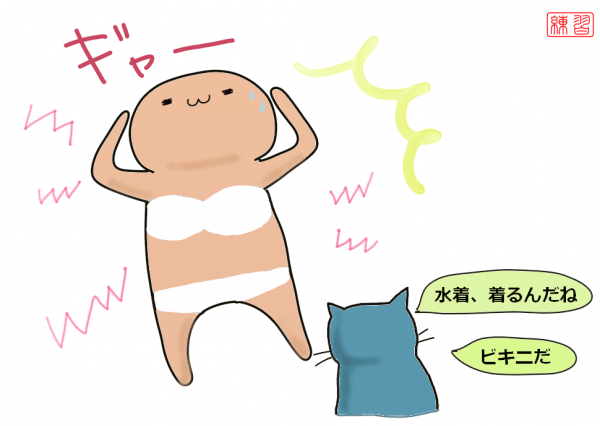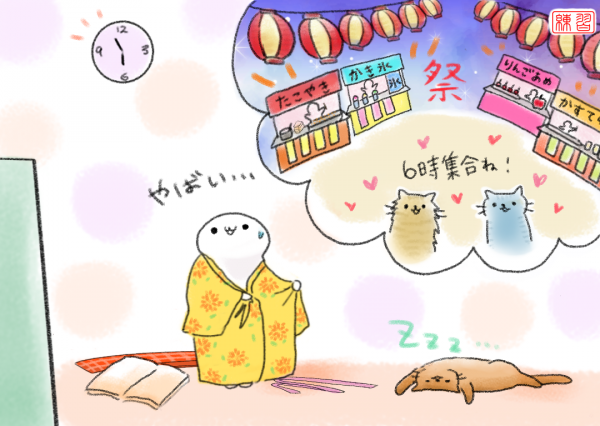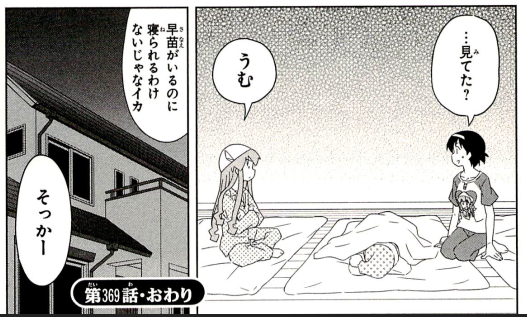Even though A; in spite of A
- Even though A; in spite of A
- In order to A; in the process of doing A Only verbs of volition can be used with this pattern.

日焼け止めを塗ったのに日焼けした!
Even though I put on suntan lotion, I got burned!
19
おじいちゃんはすごく元気なのに、人の前では病気の振りをする
Even though my grandfather is doing well, in front of other people he acts as if he is sick.
26
婚約しているのにキスを拒否された。
Even though we're engaged she wouldn't let me kiss her.
20
あんなに必死に頑張ったのに、また試験に落ちちゃったの?
Even though you tried so desperately, you flunked again?
11
隣に住んでるのに、彼は私たちに挨拶さえしない。
Though he lives next door, he doesn't even say hello to us.
Getting the sentences
Construction
(Elements in parentheses are optional.)
Basic Examples:
言ったのに (even though (I) said)
美しいのに (although (she's) beautiful)
便利なのに (although it's useful)
晴れなのに (even though it's sunny)
Notes
While のに had a rather wide range of uses, it generally precedes a clause that is surprising or different from what was expected. Although it is often used to mark a complaint or negative viewpoint about a situation, this is not always the case.
Related Expressions
ことは~が
Where this grammar is found
Grammar usage notes
Basically, there should be dissatisfaction/discontent/complaint/etc or surprise feeling/implication in order to use this feature of のに. If there are no such feeling/implication, use が or けど instead.
At least that's what written on and I understood from goo.ne.jp
At least that's what written on and I understood from goo.ne.jp
Questions/Discussion
What about -nanoni instead of simply -noni? Thank you
In order to A; in the process of doing A
Only verbs of volition can be used with this pattern.
- Even though A; in spite of A
- In order to A; in the process of doing A Only verbs of volition can be used with this pattern.

浴衣を着るのに時間がかかった。
It took a lot of time to put on the yukata.
3
私は兄達が遊びに行くのにいつもくっついていった。
I always went along with my older brothers to play.
10
靴ひもを結ぶのに手間取ってしまった。
It took time to tie my shoelaces.
12
宿題やるのに必要だから、パソコン買ってよ!
I need it to do my homework, so buy me a computer!
Getting the sentences
Construction
(Elements in parentheses are optional.)
Basic Examples:
戦うのに (in order to fight)
Related Expressions
ため(に)
ように
ように
Where this grammar is found
Grammar usage notes
heya wa itsumo kirei no ni, kyou wa chirakatteiru.
even though the room is always clean, today it’s messy
heya wa itsumo kirei da kedo, kyou wa chirakatte iru.
The first sentence is softly critical,or surprised. The second sentence (with kedo) instead implies a neutral observation.
even though the room is always clean, today it’s messy
heya wa itsumo kirei da kedo, kyou wa chirakatte iru.
The first sentence is softly critical,or surprised. The second sentence (with kedo) instead implies a neutral observation.
Questions/Discussion
Nothing posted yet!


